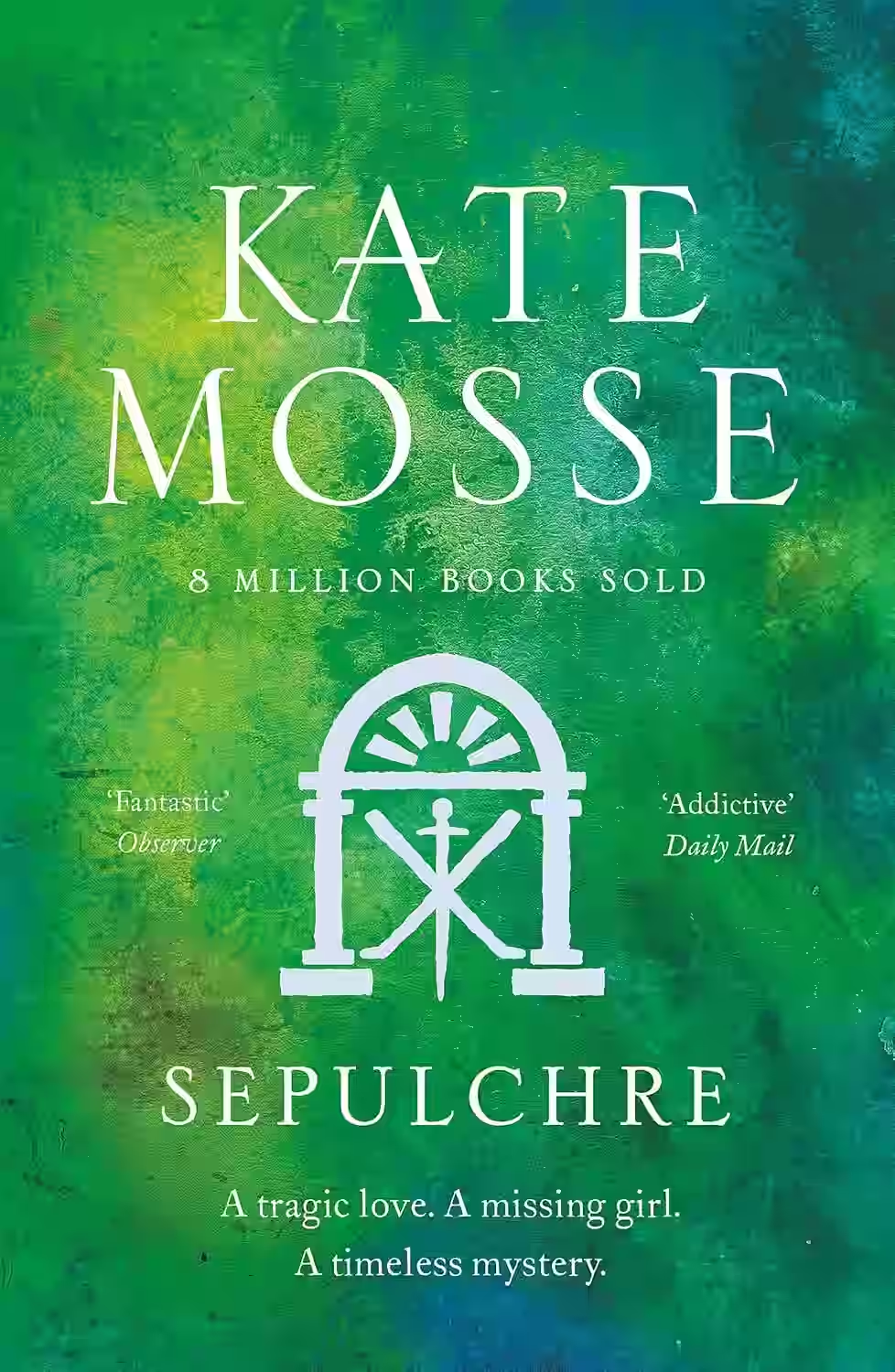
Kate Mosse’s 'Sepulchre' intricately weaves a dual timeline narrative, drawing readers into a gripping world of history, mysticism, and suspense. Set against the backdrop of the Languedoc region in France, the story alternates between the late 19th century and the modern day, engagingly intertwining the lives of Léonie Vernier and Meredith Martin. As Léonie unravels her family's secrets in a haunted estate, Meredith embarks on a journey connected to her own past and destiny, echoing themes of fate and legacy. Mosse masterfully blends a gothic atmosphere with elements of tarot and the supernatural, delivering a richly detailed and enchantingly mysterious tale that explores the complexities of power, history, and sacrifice.
About Languedoc Series
Kate Mosse’s Languedoc Trilogy—Labyrinth, Sepulchre, and Citadel—is a richly layered historical series set in southern France across different time periods. Labyrinth follows Alaïs in 1209, guarding a sacred book tied to the Holy Grail, while in 2005, archaeologist Alice Tanner uncovers secrets buried for centuries. Sepulchre moves between 1891 and modern times, linking tarot, music, and hidden legacies through the lives of Léonie and Meredith. Citadel is set during World War II, where Sandrine joins a female resistance group protecting ancient knowledge. With mystery, adventure, and strong female leads, the trilogy blends past and present in a compelling narrative of love, sacrifice, and history.
About Kate Mosse
Kate Mosse is an internationally acclaimed British author known for her historical and gothic fiction. Born on October 20, 1961, in Chichester, England, Mosse initially pursued a career in publishing and media, co-founding the Women's Prize for Fiction in 1996. She gained widespread recognition with her bestselling novel 'Labyrinth' (2005), part of the Languedoc Trilogy, which skillfully intertwines medieval and contemporary narratives. This series established Mosse as a formidable voice in historical fiction, characterized by meticulous research and richly drawn settings. Her subsequent works, including 'Sepulchre' (2007) and 'The Taxidermist’s Daughter' (2014), have further cemented her reputation. Mosse's contributions to literature extend beyond her novels as she continues to champion gender equality in the literary world. Her compelling storytelling and advocacy work have left a significant impact on modern literature, inspiring writers and readers alike.
Other Books by Kate Mosse
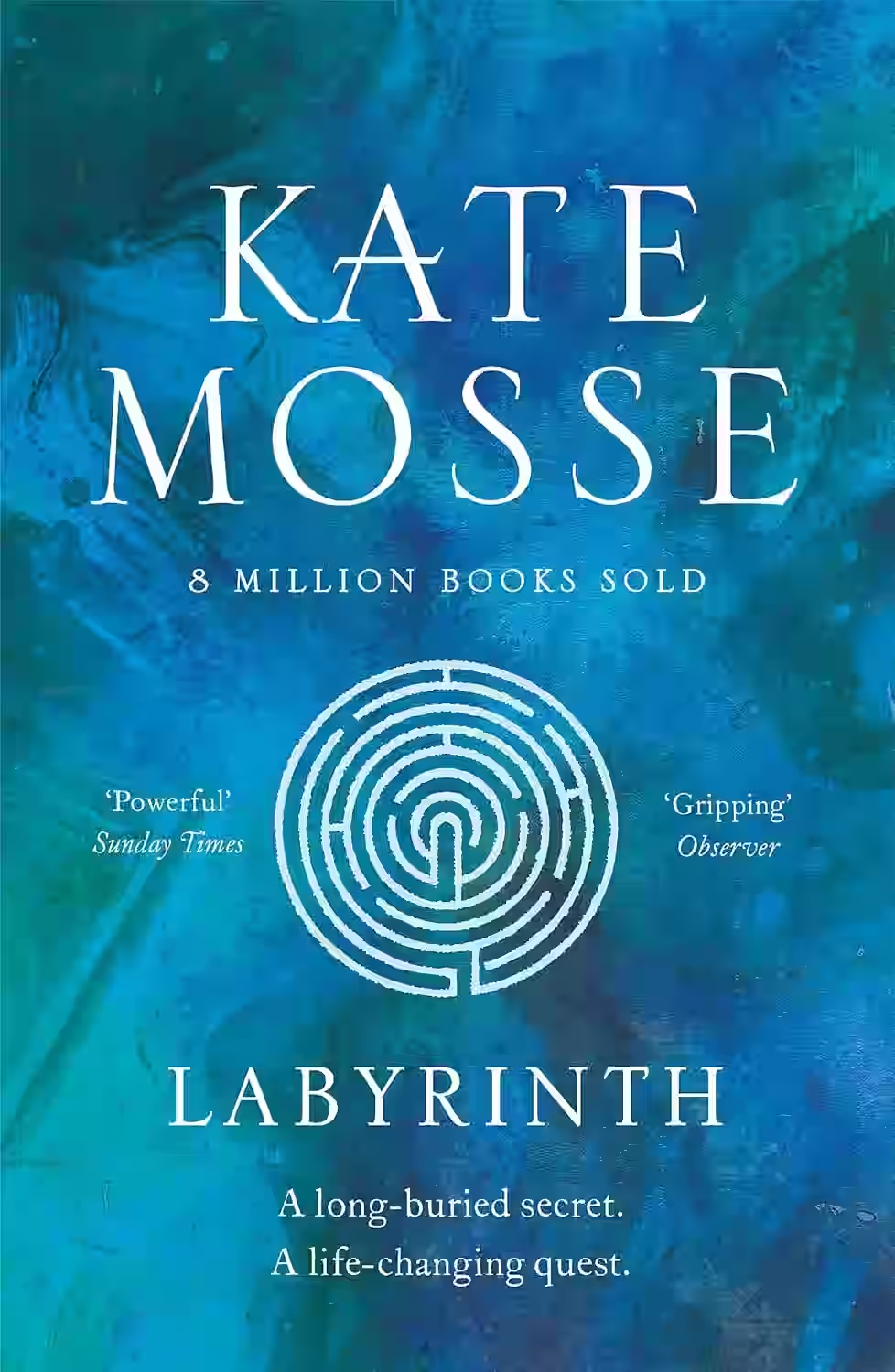
Labyrinth
by Kate Mosse
Series: Languedoc (#1)
In 'Labyrinth,' Kate Mosse weaves a captivating dual-timeline tale, intricately connecting 13th-century Carcassonne with present-day France. The novel explores themes of history, destiny, and the eternal struggle between good and evil. Readers are introduced to Dr. Alice Tanner, who stumbles upon a mysterious cave during an archaeological excavation, uncovering a parallel story of Alais, a young woman in 1209 whose discoveries could alter the tide of history. Mosse's work is renowned for its lush, atmospheric depictions of the medieval Languedoc, merging historical fiction with a gripping mystery. This enthralling narrative embarks on a journey through time, capturing the essence of human courage and the relentless pursuit of truth amidst treachery and war.
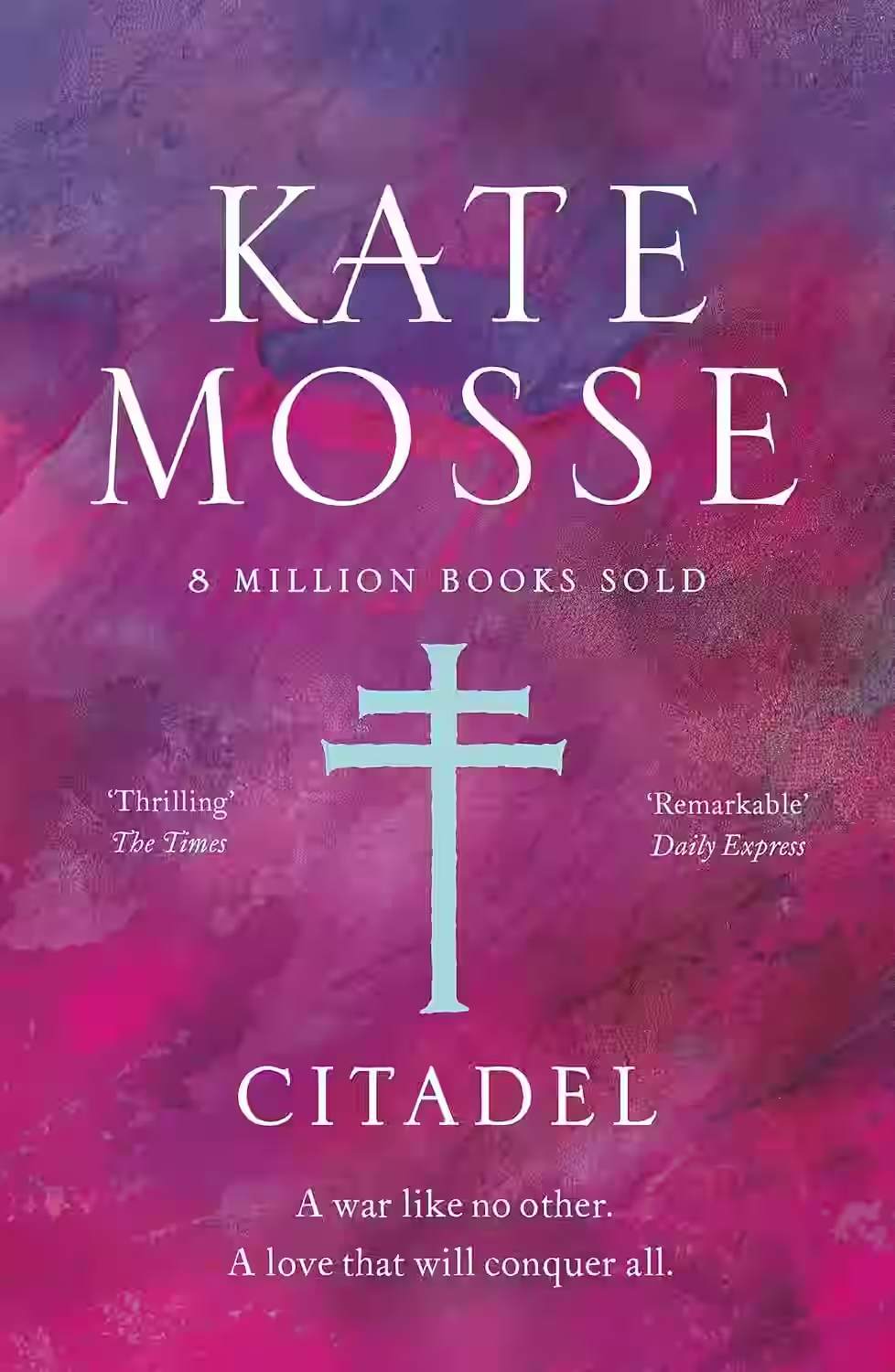
Citadel
by Kate Mosse
Series: Languedoc (#3)
Kate Mosse's 'Citadel' is a riveting historical novel set against the tumultuous backdrop of World War II in the pyrenean town of Carcassonne. The story intricately weaves the lives of courageous women, led by the resilient Sandrine Vidal, who form a spirited resistance group called Citadel. As these brave individuals battle the Nazi regime, the narrative delves into themes of bravery, sacrifice, and sisterhood amidst oppression. Mosse beautifully blends historical facts with a mysterious quest for a lost codex, adding an aura of mysticism and intrigue. The novel's vivid descriptions and well-researched historical details immerse readers into a poignant tale of defiance and hope.
Similar Books
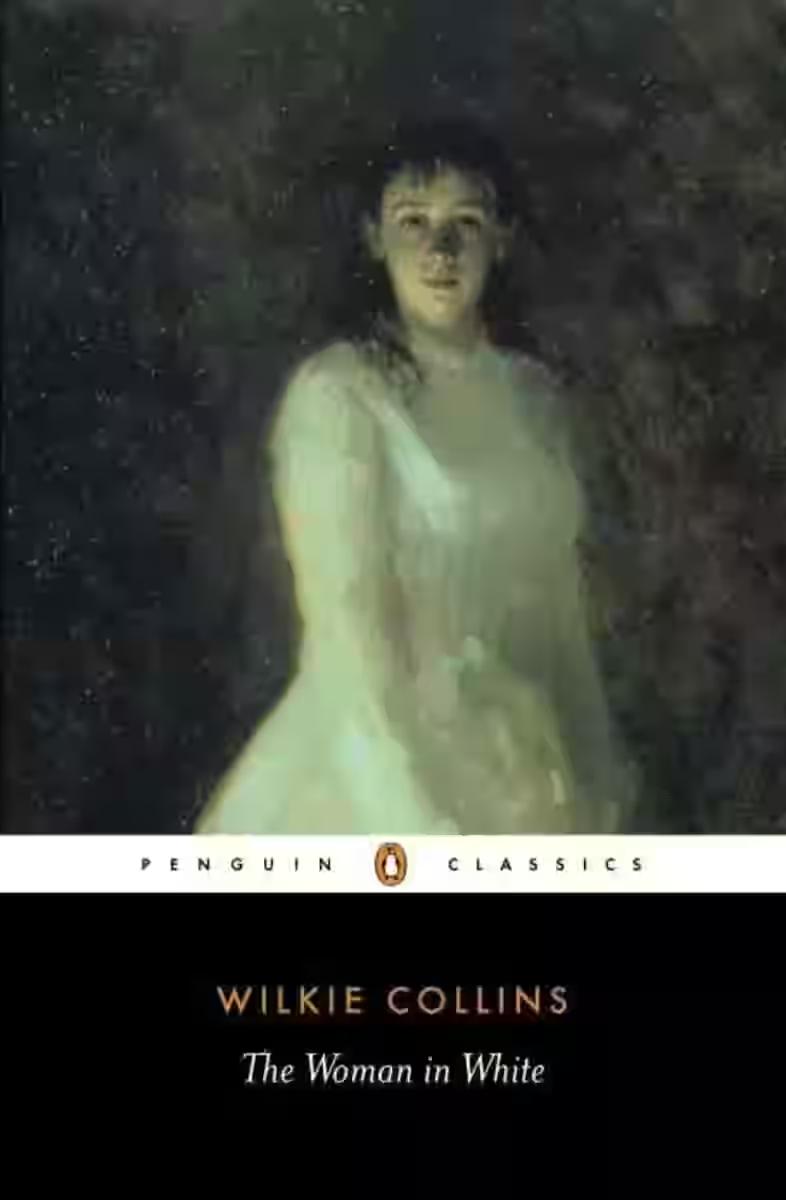
The Woman in White
The Woman in White opens with Walter Hartright’s chilling moonlit encounter with a mysterious woman dressed entirely in white. Hired as a drawing master for the lovely Laura Fairlie, Walter is soon entangled in a web of deception spun by the sinister Sir Percival Glyde and his enigmatic ally, Count Fosco—a man with a fondness for white mice, sweets, and poison. As secrets unravel across country estates and asylums, the novel delves into themes of identity, madness, and justice. Wilkie Collins’s groundbreaking work launched the Victorian sensation genre, blending Gothic suspense with psychological depth and social critique. A true classic.
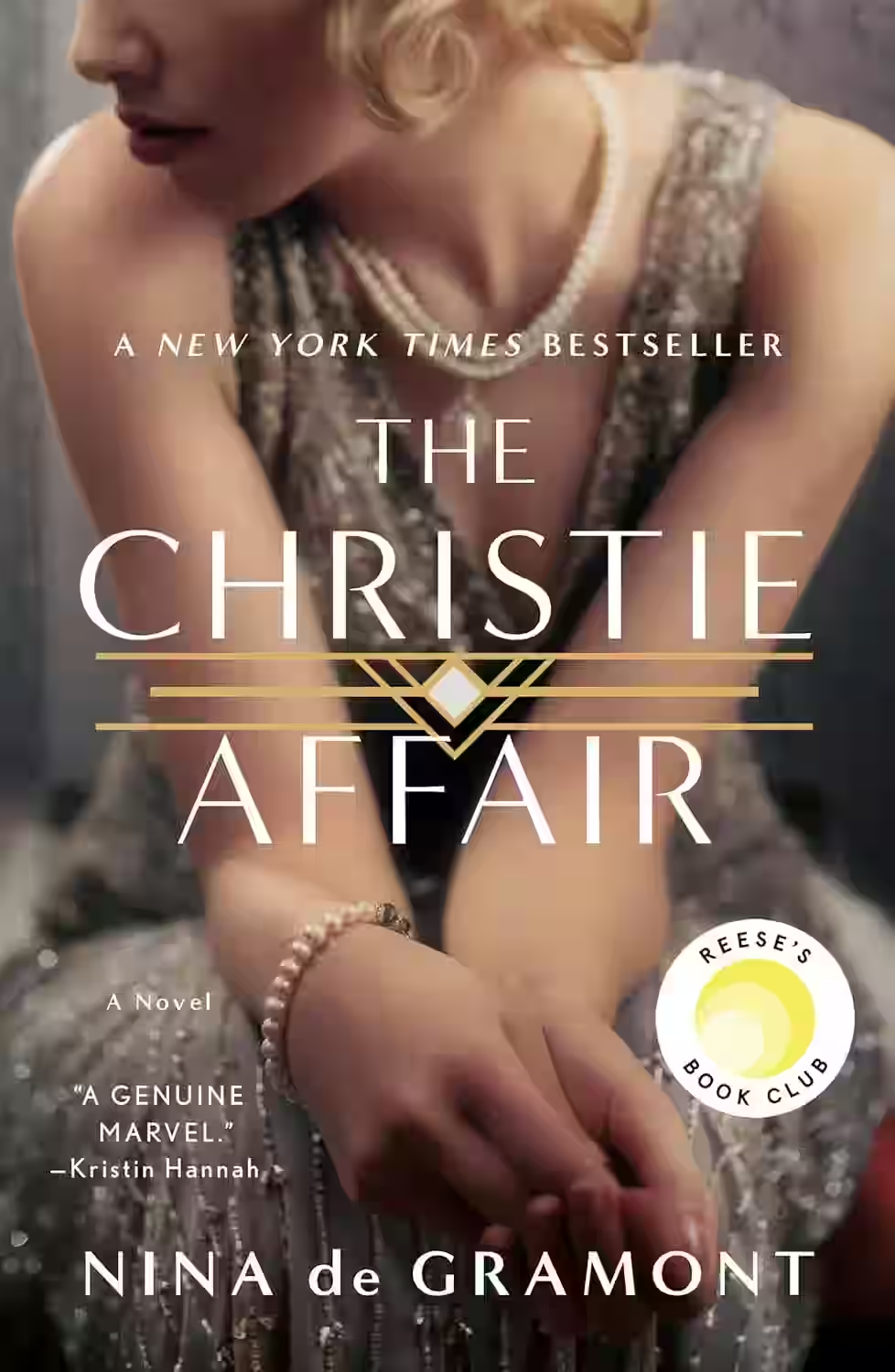
The Christie Affair
In 'The Christie Affair' by Nina de Gramont, readers are taken on a riveting journey through the scandalous love affair between famed mystery writer Agatha Christie and a young archaeologist. Set against the backdrop of a tumultuous era, the novel intricately weaves together themes of love, betrayal, and the complexities of relationships. As the affair unfolds, secrets are revealed and loyalties are tested, keeping readers on the edge of their seats. De Gramont's vivid storytelling and rich historical detail bring the characters to life, making this a compelling read for fans of historical fiction and literary dramas.
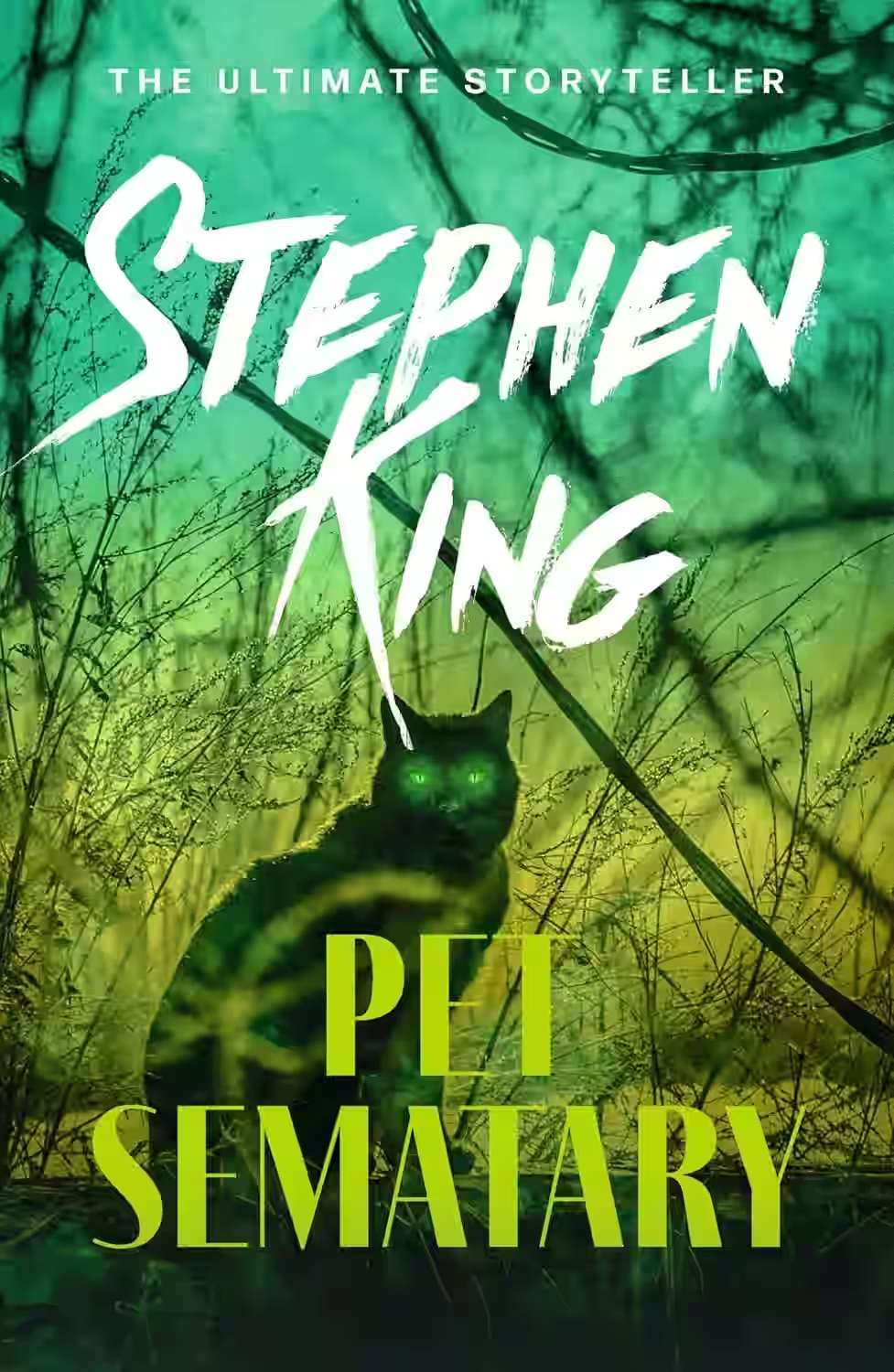
Pet Sematary
by Stephen King
Stephen King's 'Pet Sematary' delves into the dark side of grief, loss, and the horror of playing god. Set in a small town, the story follows Dr. Louis Creed and his family as they move to a rural home near a pet cemetery with a sinister secret. The novel masterfully explores the depths of desperation and the consequences of tampering with the natural order. King skillfully builds tension and dread, leading to a terrifying climax that lingers in the mind long after the final page. 'Pet Sematary' is a haunting and psychologically intense read that showcases King's prowess as a master storyteller.

Beloved
It is the mid-1800s and as slavery looks to be coming to an end, Sethe is haunted by the violent trauma it wrought on her former enslaved life at Sweet Home, Kentucky. Her dead baby daughter, whose tombstone bears the single word, Beloved, returns as a spectre to punish her mother, but also to elicit her love. Told with heart-stopping clarity, melding horror and beauty, Beloved is Toni Morrison's enduring masterpiece.